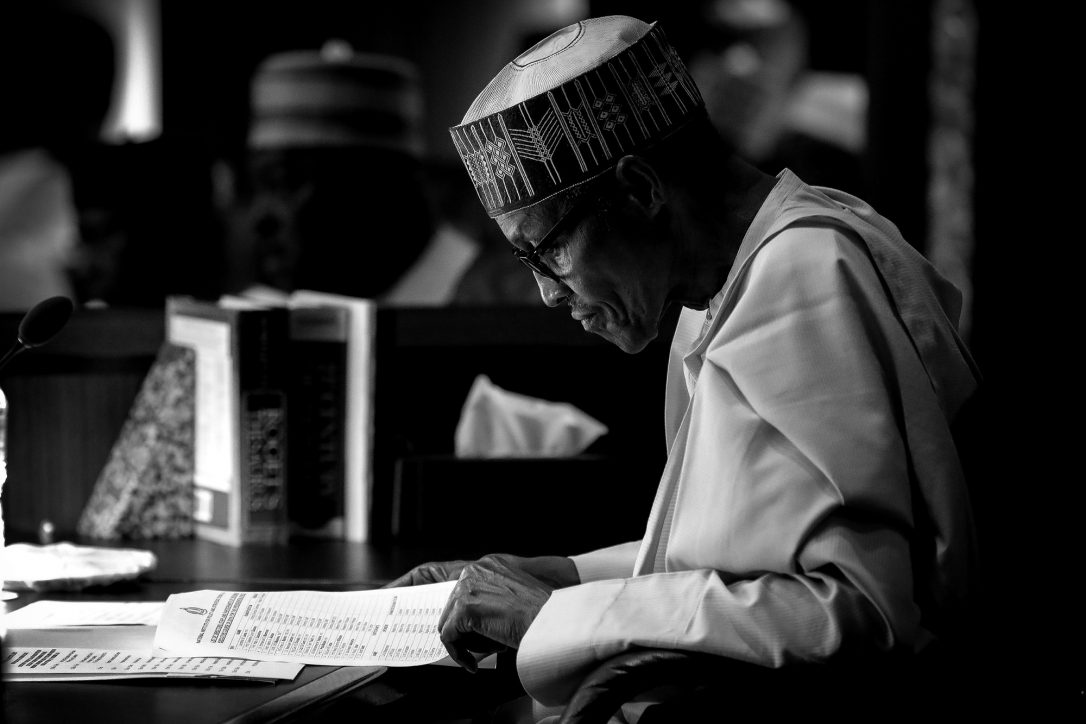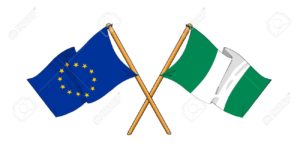The main theme of President Buhari’s foreign policy has been absolute national sovereignty with, tenets of peaceful multilateral diplomacy and foreign relations. This theme characterized by high level diplomatic relations and negotiations, has seen the President Buhari’s administration arguably, successfully connect foreign policy efforts to the accomplishment of domestic priority programmes (security, anti-corruption, economy/job creation).
Muhammadu Buhari GCFR (born 17 December 1942) is a retired Major General in the Nigerian Army and Nigeria’s former Head of State from 31 December 1983 to 27 August 1985, who became the 15th President of Nigeria on 29 May 2015. In Nigeria, he is commonly referred to as President Buhari or Sai Baba or simply PMB. He is a colossus by character and personality, a “converted democrat” dominating many aspects of political life and prevailing, in a decisive manner, in key moments in Nigeria’s rocky history.
During his Independence Day speech on October 1st 2016, President Buhari declared;
“All countries, no matter how advanced, welcome foreign investments to their economy. This is the essence of globalization and no country in the 21st century can be an island. Our reforms are therefore designed to prepare Nigeria for the 21st century.”
Continue reading “Assessing President Buhari’s Foreign Policy (2015-Present)”


